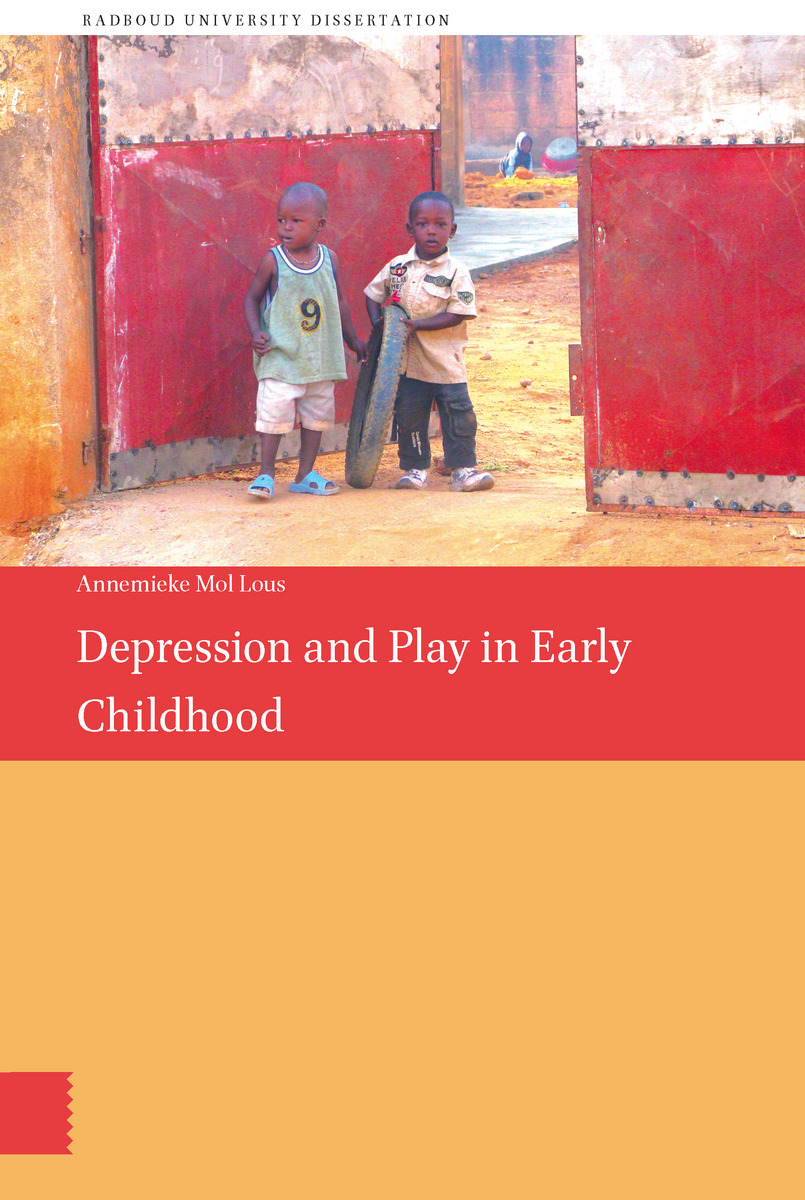Depression and Play in Early Childhood
Amsterdam University Press, 2015
Paper: 978-90-8555-095-2
Paper: 978-90-8555-095-2
ABOUT THIS BOOK
ABOUT THIS BOOK
Depression in early childhood is an underestimated health problem which is known for its severity, endurance, and negative impact on the quality of life of children and their families. The lack of appropriate assessment procedures hinders early identification and therefore the possibilities for intervention and prevention. This dissertation includes three studies about markers of depression in play behavior of young children and the possibilities to use play observation procedures as an assessment tool for early identification of depression in 3- to 6-year old children. In the first two studies, depressed and nondepressed preschoolers were observed in a standardized play procedure including solitary free play, interactive free play, and play narratives with an adult researcher. Depressed children showed less play, and particularly less symbolic play than non-depressed children, and also more fragmented play behavior. This was most visible in play narratives, where induction of sad emotions had a severe dampening effect on depressed children's symbolic play. The third and last study shows that preschool teachers can use a play observation questionnaire, based on the outcomes of the observational studies, to recognize these markers of depression in children's everyday play behavior in the classroom. The findings of these studies offer new insights in the relationship between play and depression and the emotion regulation problems that negatively affect depressed children's play.












